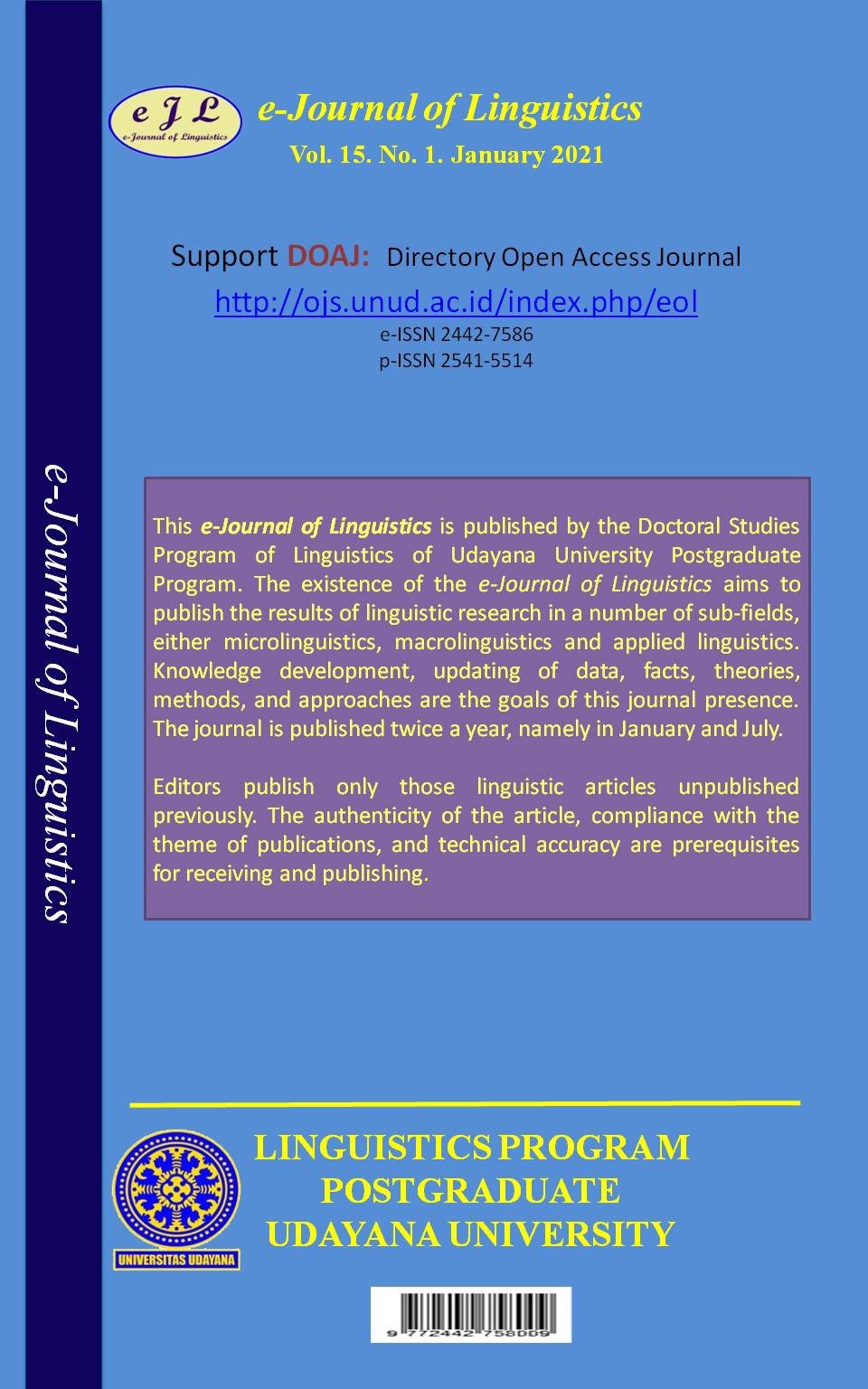The Great Vowel Shift
Abstract
The Great Vowel Shift or GVS refers to a period of radical change in how the English language is spoken. It is a process of systematic changes in the pronunciation of all Middle English long vowels in their transition to Modern English. All the long vowels came to be pronounced with a greater elevation of the tongue and closing of the mouth. The effect of the shift was that vowels were either raised or became diphthongs. The purpose of this paper is to show the pronunciation differences between Middle English and Modern English in the value of the long vowels as well as to discuss the criticisms brought forward against the Great Vowel Shift illustrated with examples. The results show that the Great Vowel Shift was no uniform process, but a series of local developments over time. Moreover, there are some words that show irregularities, i.e. their pronunciation of long vowels is still similar to that of Middle English. The critiques help us conclude that the reason why it is hard to non-native English speakers to learn the correct English pronunciation occurs as a consequence of the shift.
Downloads
References
Baugh, A.C., and Cable, T. (2002). A History of the English Language (5th ed.). Routledge & Kegan Paul. Retrieved from https://drive.google.com/file/d/15CjJzK1QwYWZKTFpChoLbsK1jx8bD-Sq/view
Gelderen, E. (2014). A History of the English Language (2006) (John Benjamins). Van Haren Publishing.
Retrieved from https://epdf.pub/a-history-of-the-english-language-2006-john-benjamins20b9af51b15b7a9ae86f00b78ab92b0e38390.html
Kristó, L. (2016). Introduction to the History of the English Language. Cambridge: Cambridge University Press.
Retrieved from https://www.scribd.com/document/337738751/Kristo-Introduction-to-the-History-of-the-English-Language-prefinal
Pereltsvaig, A. (December 19, 2011). Great Vowel Shift. Retrieved from https://www.languagesoftheworld.info/historical-linguistics/great-vowel-shift.html
Verba, L. (2004). History of the English Language. Nova Knyha.
Retrieved from https://library.udpu.edu.ua/library_files/400177.pdf
Xenia, T. (April, 2015). Vowel Change found in Geoffrey Chaucer’s The House of Fame: Great Vowel Shift. Journal of Language and Literature, 15(1), 36-45.
Retrieved from:
http://download.garuda.ristekdikti.go.id/article.php?article=491579&val=10038&title=Vowel%20Change%20Found%20in%20Geoffrey%20Chaucers%20The%20House%20of%20Fame%20Great%20Vowel%20Shift

This work is licensed under a Creative Commons Attribution 4.0 International License











